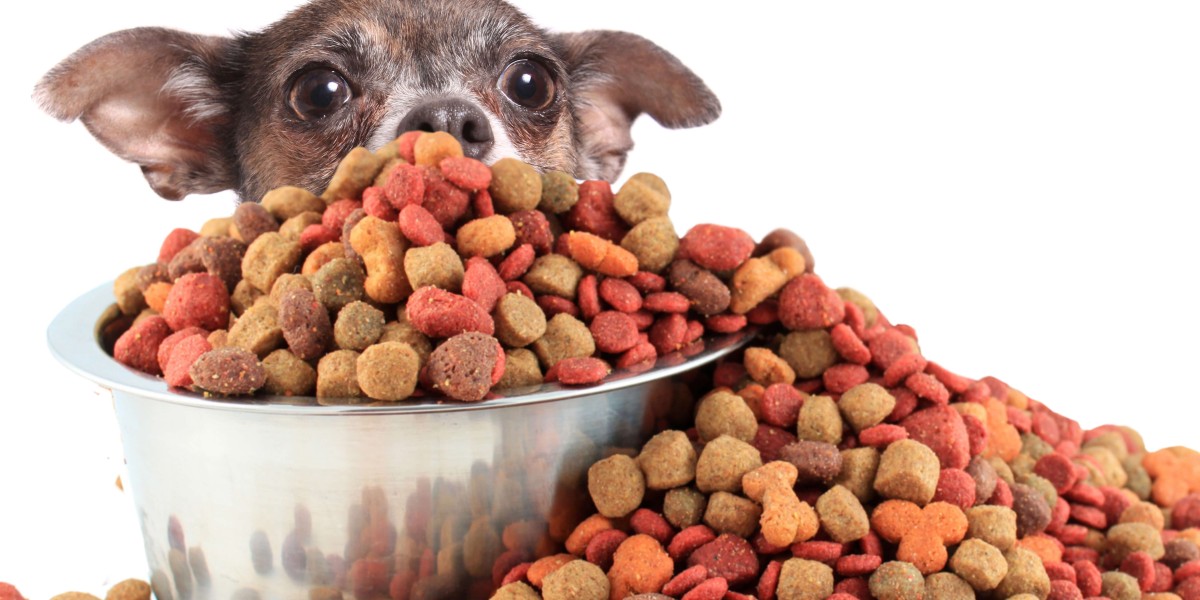The animal probiotics market has witnessed significant growth in recent years as the awareness of the benefits of probiotics in animal health has expanded. Probiotics, which are live microorganisms that confer health benefits when consumed in adequate amounts, are now being widely integrated into the diets of livestock, poultry, and pets. This surge in adoption can be attributed to the growing demand for sustainable and healthy food sources, along with the increasing awareness among animal owners and farmers about the positive impacts of probiotics on the overall health and productivity of animals.
In livestock farming, the use of probiotics has gained traction due to its ability to improve animal digestion, enhance nutrient absorption, and bolster immunity. By balancing the microbial ecosystem within an animal's digestive system, probiotics can help prevent common digestive issues like diarrhea, bloating, and constipation. As livestock such as cattle, pigs, and sheep often face stress and dietary imbalances, the introduction of probiotics in their feed can reduce the likelihood of infections and diseases, which in turn reduces the need for antibiotics. This not only improves animal welfare but also reduces the risk of antibiotic resistance, a growing concern in the farming industry.
For poultry, probiotics have shown remarkable benefits in improving gut health and egg production. The gastrointestinal system of poultry is highly susceptible to pathogens, which can negatively impact growth rates and overall productivity. By incorporating probiotics into poultry feed, farmers can enhance the birds' ability to fight off harmful bacteria, thus reducing the incidence of infections like E. coli or Salmonella. This leads to healthier, more productive flocks and, ultimately, better-quality meat and eggs. Additionally, probiotics can improve feed conversion ratios, ensuring that poultry are utilizing their feed more efficiently.
In the pet food industry, probiotics are also gaining popularity as pet owners seek natural, holistic ways to improve the health of their animals. Dogs, cats, and other pets often face digestive issues, skin allergies, and immune-related problems. Probiotics can help manage these conditions by promoting a balanced gut microbiota and supporting the immune system. Many pet food brands now offer probiotic-enriched formulas designed to promote digestion, reduce inflammation, and improve coat health. With pets becoming an integral part of many households, owners are increasingly prioritizing their pets' health, leading to a rise in demand for functional pet food products containing probiotics.
The benefits of probiotics extend beyond simply improving digestion. Probiotics can also enhance the overall health and well-being of animals by reducing stress levels, promoting a healthy weight, and improving reproductive health. As a result, animal probiotics are becoming an essential ingredient in animal feed formulations worldwide.
In conclusion, the integration of probiotics into livestock, poultry, and pet foods has proven to be a game-changer in the animal husbandry and pet care industries. By supporting digestive health, enhancing immunity, and improving overall productivity, probiotics offer a natural and effective solution for animal health and well-being. As research into the benefits of probiotics continues to grow, their applications in animal nutrition are likely to expand even further.


